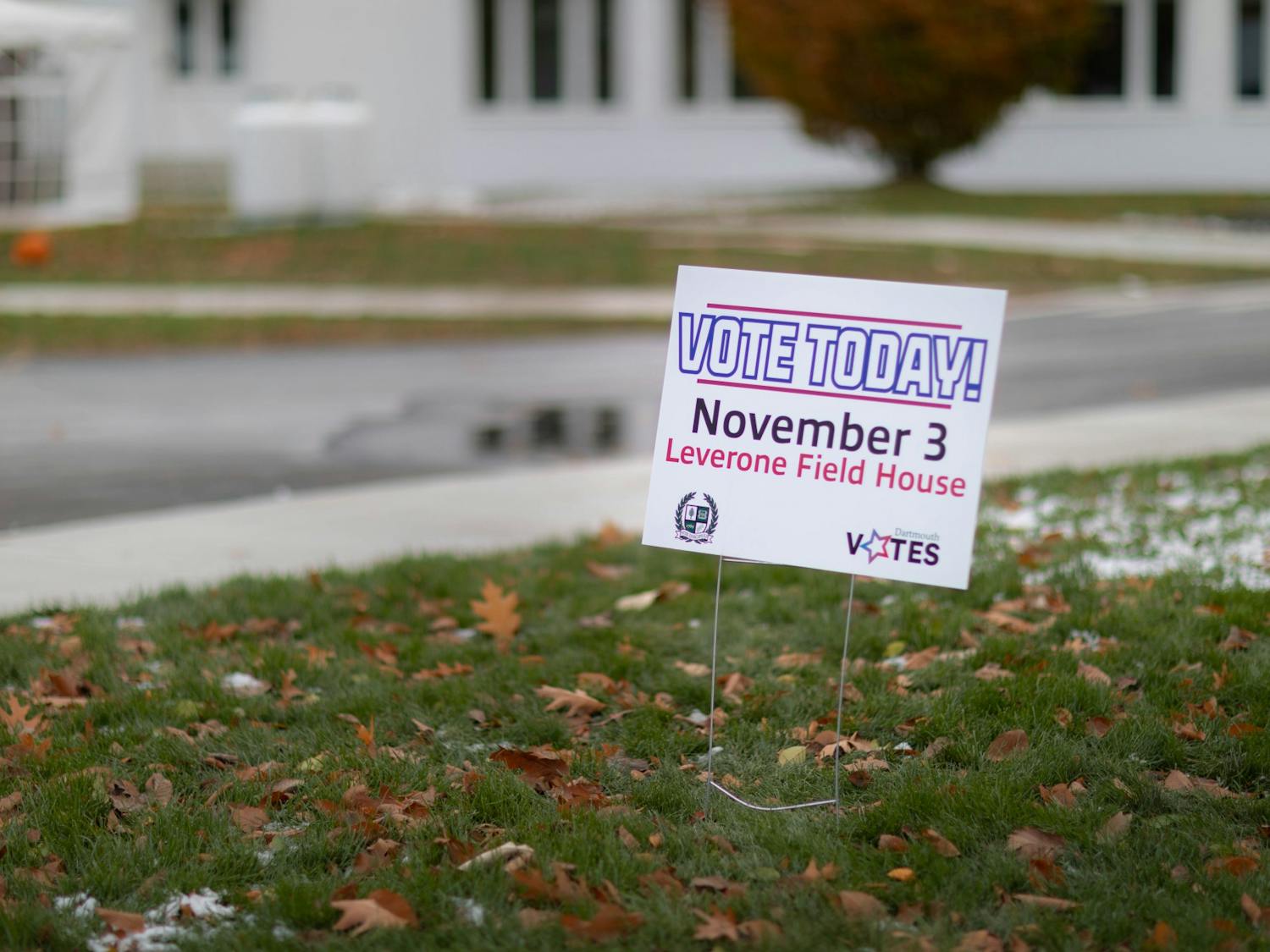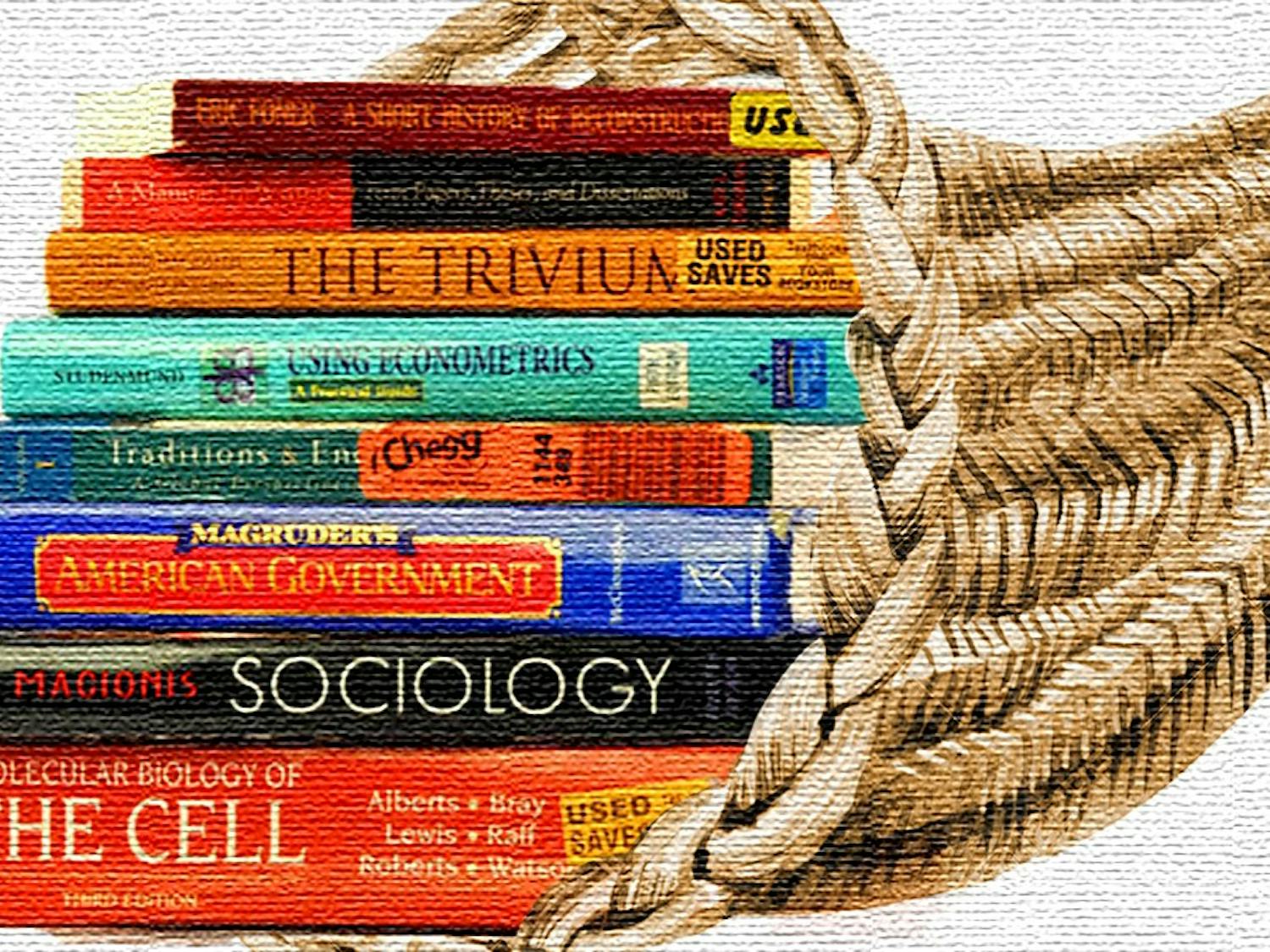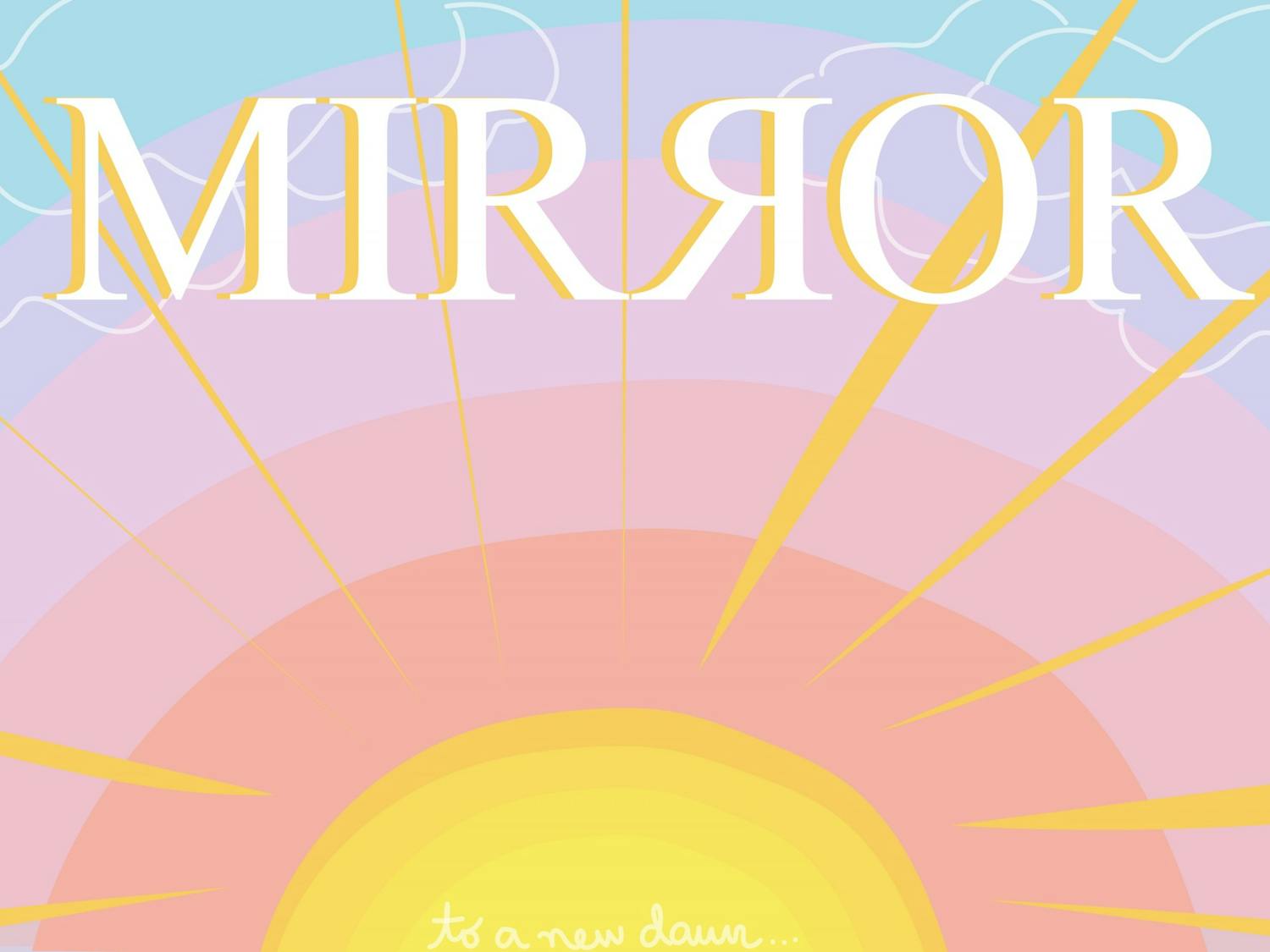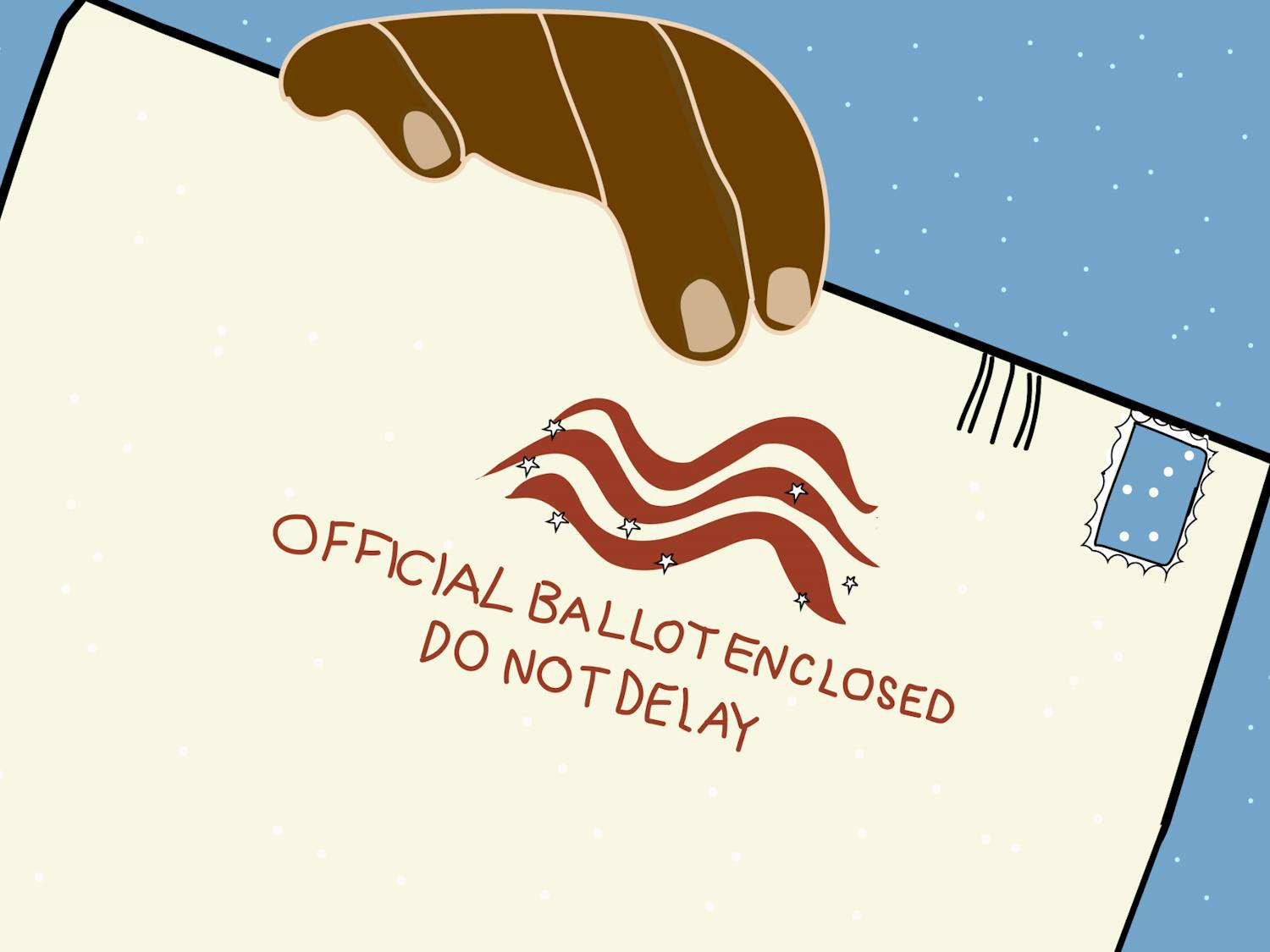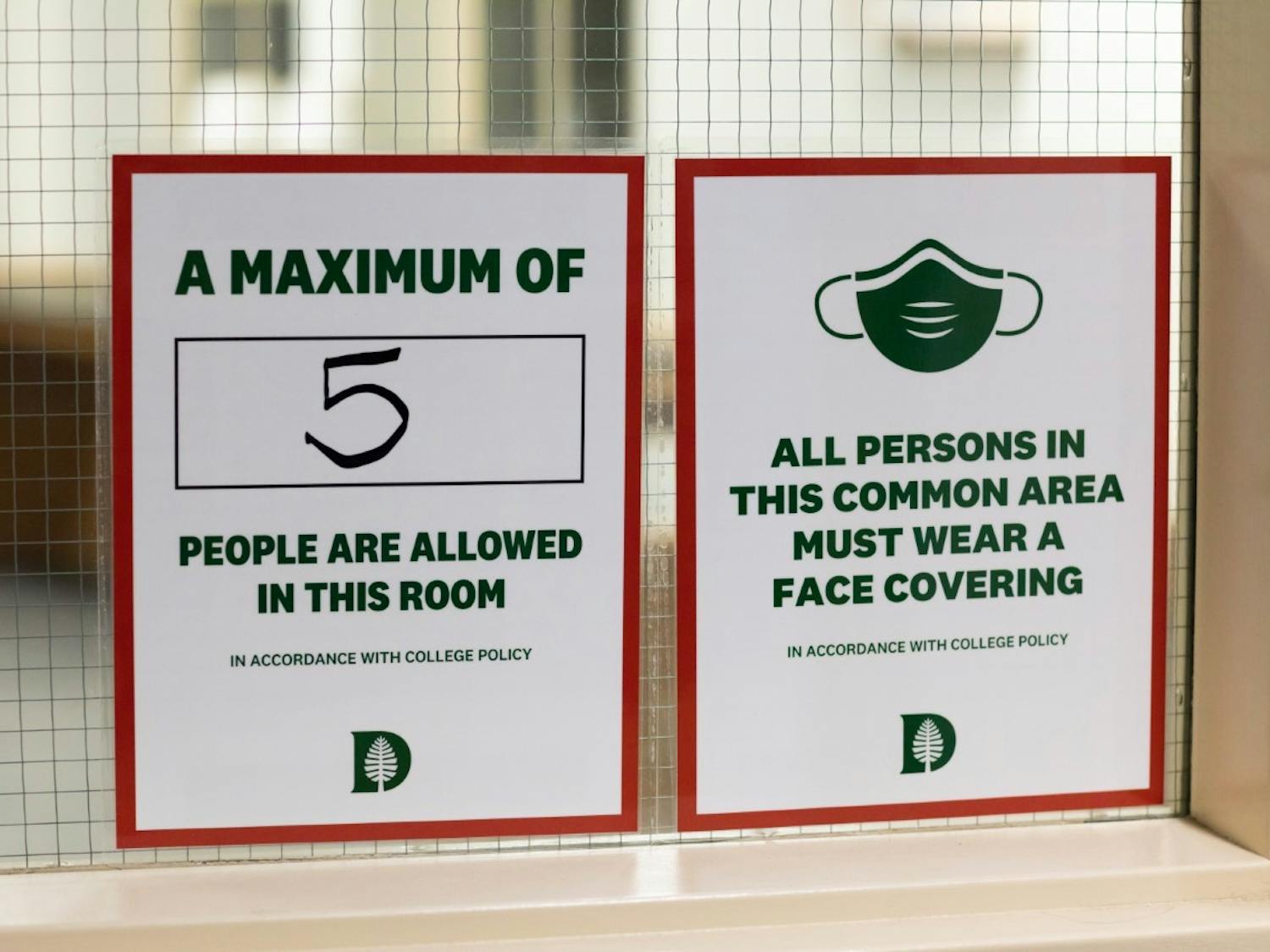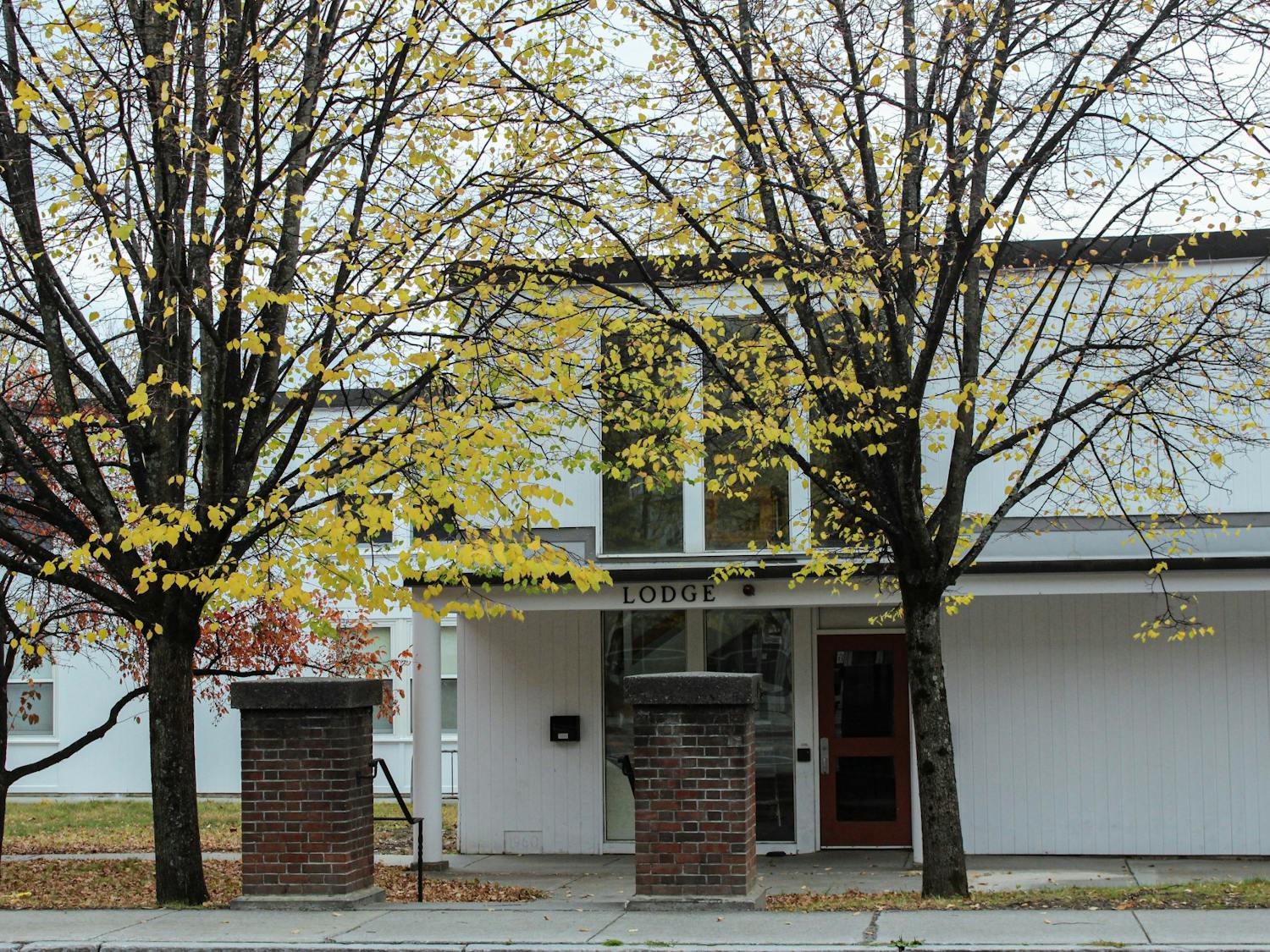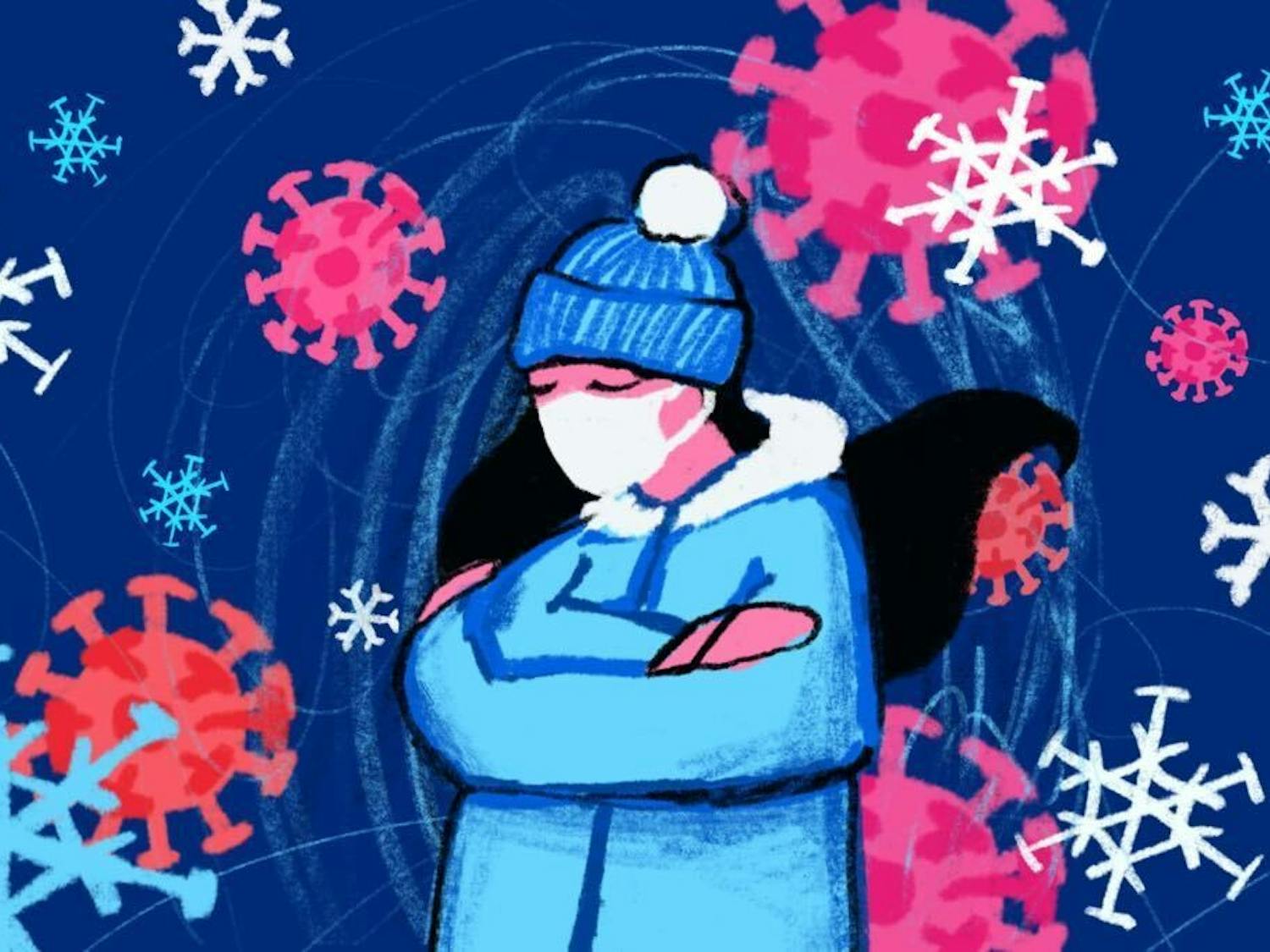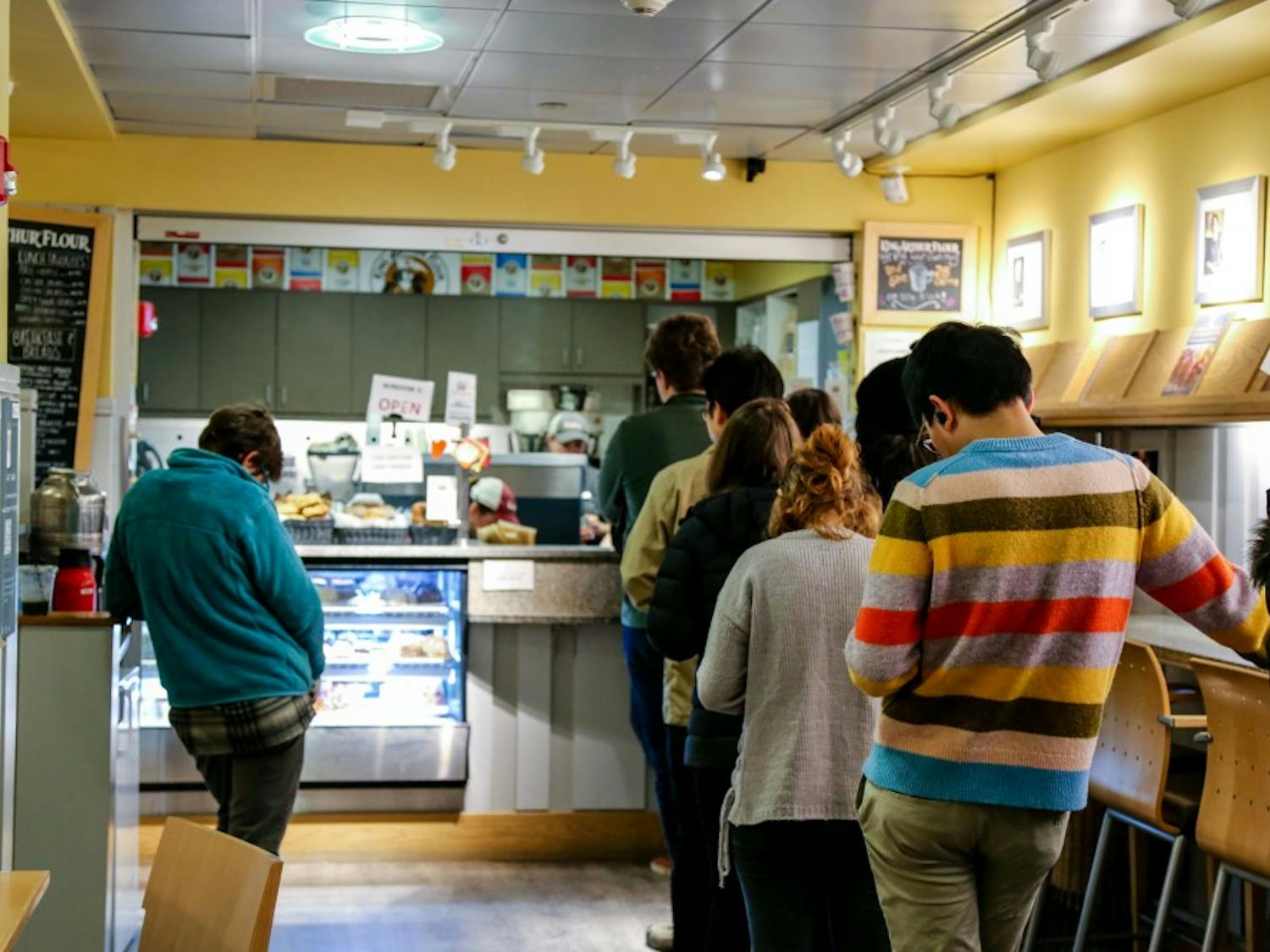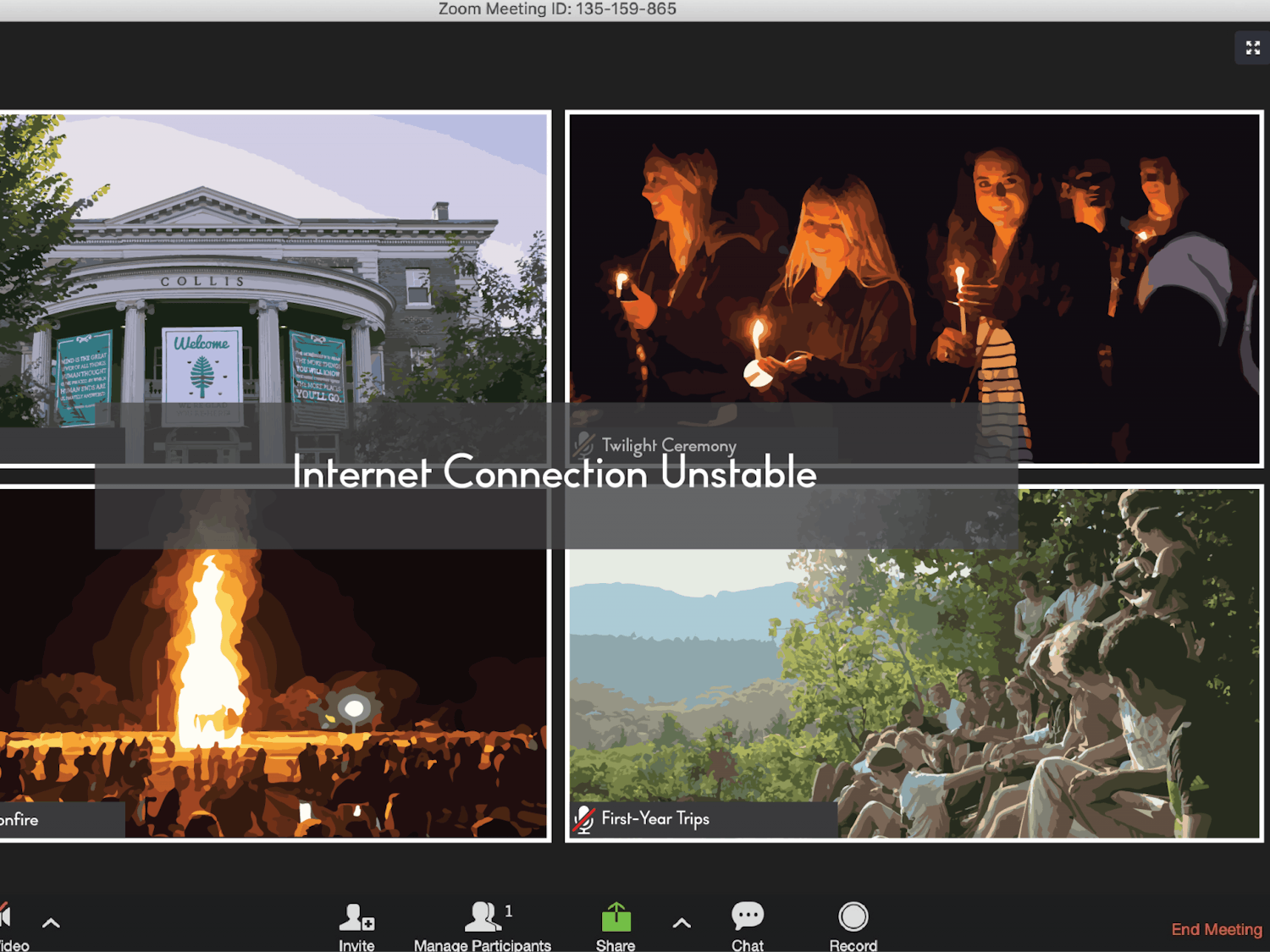Campaigning During COVID-19: Student Volunteers Reflect On the Election
For most Dartmouth students, participating in the American democratic process meant casting a vote in this year’s general election. In the weeks leading up to Election Day, political energy blanketed campus, with ubiquitous voter registration drives, campus-wide emails and high-profile visibility efforts placing the campaign at the forefront of Dartmouth’s collective consciousness.

